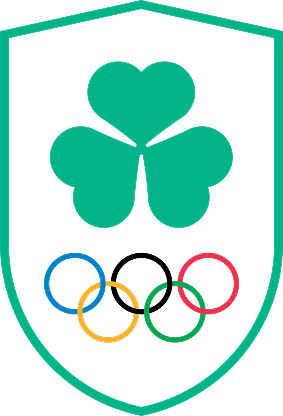Physical activity key to a healthy lifestyle
In his opening speech, President Rogge said: “Physical activity benefits individuals but also societies which facilitate its practice. There are, however, numerous statistics and studies that demonstrate that we are facing new challenges in this field ranging from the ageing of the population to the ‘tyranny of the screen’ that keeps young people away from the field of play. According to a WHO study, less than a third of young people are sufficiently active to ensure a healthy lifestyle.”
“It is thanks to congresses like the one opening today in Havana that progress can be made. We have the responsibility to make sport more attractive, to help sports clubs attract the interest of young and older people, to better educate children and their parents on what sport can bring and where to practise it, and to address public authorities, which can play an important role in promoting the benefits of sport for society, its health and the integration of minorities.”
“All these themes and many others will be discussed over the next two days, and I am sure that valuable recommendations will be made.”
A busy agenda
The agenda of the Congress includes plenary and interactive sessions that will address the following:
o Health benefits and risks of physical activity
o Modern ageing and needs for other specific population groups (e.g. people with disabilities, living in poverty) – a challenge for Sport for All
o Meeting developing countries’ specific needs in Sport for All
o Sport for All as recreation and a form of social experience and cultural expression
o Designing strategies and directions for Sport for All
President Rogge to visit Cuban sports leaders and clubs
During his stay, the IOC President will meet with sports leaders and visit various sports facilities such as the Cuban sports university, the international school of physical education and the anti-doping centre. He will also have the opportunity to attend a “Sport for All” gymnastics festival.
About the Sport for All Congress
The IOC has been a patron of the World Sport for All Congress since 1986. It organises the Congress with additional support from the World Health Organisation (WHO), the General Association of International Sports Federations (GAISF) and the United Nations Educational, Scientific and Cultural Organisation (UNESCO). The WHO and the GAISF have been patrons since 1994 and 1996 respectively. Each organisation has representatives on the Coordinating Committee, which is responsible for defining the format of the Congress, ensuring the continuity of its aims, and maintaining a high standard of content. In cooperation with the local Organising Committee, the Programme Committee defines the general format of the programme and the themes, evaluates abstracts of papers and selects speakers.
Since the 1998 Barcelona Congress, the IOC has entrusted the organisation of the Congress to a National Olympic Committee (NOC). Those NOCs wishing to host the Congress must qualify by submitting a response in answer to a set of specifications and requirements. It is the first time that the Cuban Olympic Committee will host the Congress.
